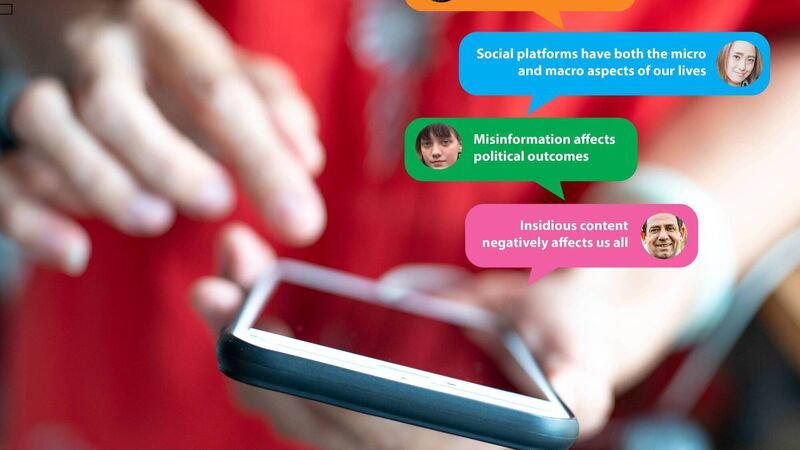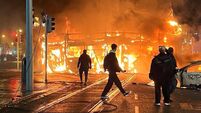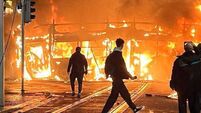The contradictory role of social media: a conduit for good and terrible evil

The more we enslave ourselves to social media, the more susceptible we are to its corruption.
On December 17, 2010, Tunisian Mohamed Bouazizi set himself on fire. Unable to find work and selling fruit at a roadside stand, Bouazizi had his wares confiscated by the local municipality. Humiliated, he went to complain to the governor, but was refused an audience.
In an act of sheer desperation and protest, Bouazizi set himself alight on the street outside. His self-immolation led to his tragic death, but also triggered protests that began as a ripple, but ended up a tidal wave of dissent that consumed a region. The fatal despair of one man, an anonymous street vendor in Tunisia, became the catalyst for the Arab Spring.














